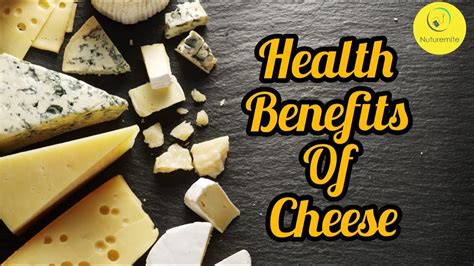As a chicken owner, you're likely no stranger to the joy of sharing treats with your feathered friends. Cheese, in particular, can be a popular snack among backyard chicken keepers. However, it's essential to consider the impact of cheese on your chickens' health. While an occasional nibble is unlikely to cause harm, regular or excessive cheese consumption can have both positive and negative effects on your chickens' well-being.
In this article, we'll delve into the world of cheese and explore its effects on chicken health. We'll discuss the benefits and drawbacks of feeding cheese to your chickens and provide guidance on how to incorporate this dairy delight into their diet safely.
The Nutritional Value of Cheese
Cheese is a nutrient-rich food that offers several essential vitamins and minerals. It's an excellent source of:
- Protein: Cheese contains all nine essential amino acids, making it an excellent protein source for chickens.
- Calcium: Cheese is rich in calcium, which is vital for strong bones and eggshell production.
- Phosphorus: Cheese is a good source of phosphorus, essential for bone growth and development.
- Vitamins: Cheese contains various vitamins, including vitamin A, vitamin B12, and riboflavin.
However, it's crucial to remember that cheese is high in calories, fat, and sodium. Overconsumption can lead to weight gain, digestive issues, and other health problems in chickens.
Benefits of Feeding Cheese to Chickens
While cheese should not be a staple in your chickens' diet, it can have some benefits when fed in moderation:
- Boosts calcium levels: Cheese is an excellent way to supplement your chickens' calcium intake, particularly for laying hens.
- Supports digestive health: The probiotics present in cheese can help maintain a healthy gut microbiome in chickens.
- Provides mental stimulation: Feeding cheese as an occasional treat can help reduce stress and boredom in chickens.
Risks Associated with Feeding Cheese to Chickens
While cheese can be a nutritious treat, there are also some risks to consider:
- Weight gain and obesity: Cheese is high in calories and fat, which can lead to weight gain and obesity in chickens if fed excessively.
- Digestive issues: A diet rich in cheese can cause digestive problems, such as diarrhea, in chickens.
- Increased risk of disease: Overconsumption of cheese can lead to an increased risk of disease, particularly those related to the liver and pancreas.
How to Feed Cheese to Chickens Safely
If you still want to share cheese with your chickens, follow these guidelines to minimize the risks:
- Feed in moderation: Limit cheese to an occasional treat, and avoid making it a regular part of their diet.
- Choose low-fat options: Opt for lower-fat cheese varieties, such as part-skim mozzarella or reduced-fat cheddar.
- Avoid processed cheese: Processed cheese products, like cheese slices or cheese strings, are often high in sodium and preservatives. Instead, choose natural, unprocessed cheese.
- Monitor your chickens' health: Keep a close eye on your chickens' weight, digestive health, and overall well-being when feeding cheese.

Alternatives to Cheese for Chickens
If you're concerned about the potential risks associated with feeding cheese to your chickens, consider these alternative treats:
- Fresh fruits and vegetables: Many fruits and vegetables, such as carrots, apples, and leafy greens, are nutritious and safe for chickens to eat.
- Grains and legumes: Whole grains, like oats and barley, and legumes, like beans and peas, can provide essential nutrients and fiber for chickens.
- Mealworms and insects: Mealworms and other insects are a nutritious and protein-rich treat for chickens.
Conclusion
While cheese can be a tasty and nutritious treat for chickens, it's essential to feed it in moderation and be aware of the potential risks. By understanding the nutritional value of cheese and following the guidelines outlined above, you can safely share this dairy delight with your feathered friends. Remember to always prioritize your chickens' health and well-being, and consider alternative treats to ensure a balanced and nutritious diet.






Can I feed cheese to my chickens every day?
+No, it's not recommended to feed cheese to your chickens every day. Cheese is high in calories and fat, which can lead to weight gain and obesity in chickens. It's best to limit cheese to an occasional treat.
What type of cheese is safe for chickens to eat?
+Choose low-fat, unprocessed cheese varieties, such as part-skim mozzarella or reduced-fat cheddar. Avoid processed cheese products, like cheese slices or cheese strings, which are often high in sodium and preservatives.
Can I feed cheese to my chickens if they have health issues?
+Consult with a veterinarian before feeding cheese to your chickens if they have health issues. Cheese can exacerbate certain health conditions, such as digestive issues or obesity.
